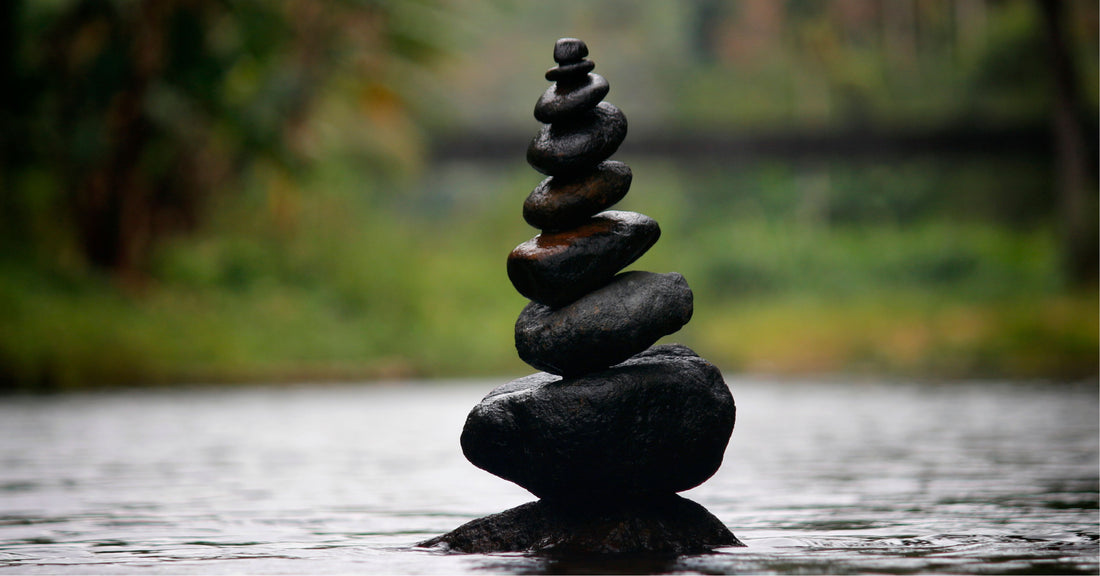
The ideal day : A Framework for Balancing Productivity, Physical Fitness, and Mental Well-being
Share
Achieving a balanced and fulfilling day requires careful consideration of how to integrate productivity, physical fitness, and mental well-being into a cohesive routine. For doctoral candidates and professionals navigating high levels of intellectual demand, this balance is both a necessity and a challenge. A structured day, grounded in evidence-based strategies, can foster sustained cognitive performance, physical vitality, and emotional resilience. Furthermore, optimizing daily habits can lead to long-term benefits, including enhanced scholarly output, improved health outcomes, and a more sustainable work-life balance.
Morning: Establishing the Foundations for Success
-
Wake Up Early: Optimizing Circadian Rhythms
-
Research highlights the role of early morning light exposure in regulating circadian rhythms and enhancing alertness. Aim to wake up within an hour of sunrise to synchronize your internal clock. This practice not only fosters a natural energy boost but also aligns with peak periods of cognitive readiness.
-
Utilize this time for mindfulness activities, such as controlled breathing exercises, which have been shown to reduce cortisol levels and improve focus (Tang et al., 2007). Incorporating practices like mindful meditation or progressive muscle relaxation can further enhance emotional regulation and mental clarity.
-
-
Hydration and Movement: Activating the Body and Mind
-
Start with 500-750 ml of water to combat dehydration, which impairs cognitive function and mood regulation (Ganio et al., 2011). Pair this with a nutrient-rich drink, such as a green smoothie, to kickstart metabolic processes.
-
Incorporate 10-15 minutes of dynamic stretching or light aerobic activity. These movements enhance blood flow to the brain and prepare the body for physical and intellectual tasks (Ratey & Loehr, 2011). Yoga sun salutations or tai chi exercises are excellent options to integrate mindfulness with movement.
-
-
Prioritization and Planning: Cognitive Load Management
-
Spend 10-15 minutes organizing your day with the Eisenhower Matrix or similar prioritization frameworks. Writing down three key objectives reduces decision fatigue and improves task completion rates (Baumeister et al., 1998). Advanced tools like task management apps can further streamline this process, allowing integration with long-term research milestones.
-
Midday: Sustaining Productivity and Energy
-
Focused Work Intervals: Leveraging Attention Cycles
-
Implement techniques such as the Pomodoro method or 90-minute ultradian rhythm cycles to align work periods with natural peaks in mental alertness (Kleitman, 1963). Use these intervals to tackle intellectually demanding tasks, such as writing or data analysis.
-
Take short, active breaks involving light stretching or walking to prevent musculoskeletal strain and maintain cerebral perfusion (Thorp et al., 2011). Breaks involving exposure to greenery or natural light have been shown to further enhance restorative effects.
-
-
Midday Exercise: Enhancing Cognitive Plasticity
-
Engaging in moderate-intensity aerobic exercise, such as a 20-minute brisk walk, during lunch breaks has been shown to increase hippocampal volume and improve memory consolidation (Erickson et al., 2011). Adding resistance exercises twice a week can further bolster both physical and mental resilience.
-
Consider high-intensity interval training (HIIT) for its dual benefits of cardiovascular fitness and neurogenesis stimulation. For time-constrained individuals, even 7-minute HIIT routines can yield measurable benefits.
-
-
Nutritional Interventions: Sustaining Glycemic Stability
-
Consume a lunch rich in complex carbohydrates, lean protein, and healthy fats. Nutrients such as omega-3 fatty acids (found in salmon and walnuts) and polyphenols (in berries) support neuroprotection and cognitive performance (Gómez-Pinilla, 2008).
-
Avoid high-sugar or processed foods that can lead to energy crashes, opting instead for whole grains and plant-based sources of protein.
-
Evening: Recovery and Reflection
-
Exercise and Stress Mitigation: Timing for Optimal Impact
-
For individuals unable to exercise midday, evening sessions provide an opportunity to reduce cortisol levels accumulated throughout the day (Heaney et al., 2014). Evening workouts, particularly yoga or pilates, also promote parasympathetic nervous system activation, which facilitates relaxation.
-
Engage in resistance training or yoga to benefit from the interplay between physical exertion and psychological relaxation. Incorporating guided meditation post-exercise can enhance the calming effects.
-
-
Journaling and Gratitude Practices: Emotional Regulation
-
Dedicate 10-20 minutes to reflective journaling, focusing on achievements and areas for growth. Gratitude practices have been shown to improve sleep quality and overall well-being (Emmons & McCullough, 2003). Consider adding a section for actionable insights or new ideas generated during the day.
-
Tools like digital journaling apps with mood-tracking features can provide additional insights into emotional patterns.
-
-
Preparing for Tomorrow: Streamlining Decisions
-
Lay out workout gear, prep meals, and create a short action plan for the next day. Reducing morning decision-making allows you to preserve cognitive energy for more critical tasks (Muraven et al., 1998).
-
Utilize evening review sessions to assess the day’s progress and recalibrate plans for the following day, ensuring alignment with broader academic or personal goals.
-
Conclusion
The ideal day is a dynamic framework tailored to individual needs and constraints. By integrating these scientifically grounded practices, doctoral candidates and professionals can enhance their performance across physical, cognitive, and emotional domains. Remember, the goal is incremental progress, not unattainable perfection. By prioritizing intentionality and adaptability, individuals can navigate the complexities of demanding schedules while fostering sustained personal growth.
Recommended Book: Peak Performance: Elevate Your Game, Avoid Burnout, and Thrive with the New Science of Success by Brad Stulberg and Steve Magness. This book delves into the interplay between rest, work, and physical activity to optimize performance sustainably.
